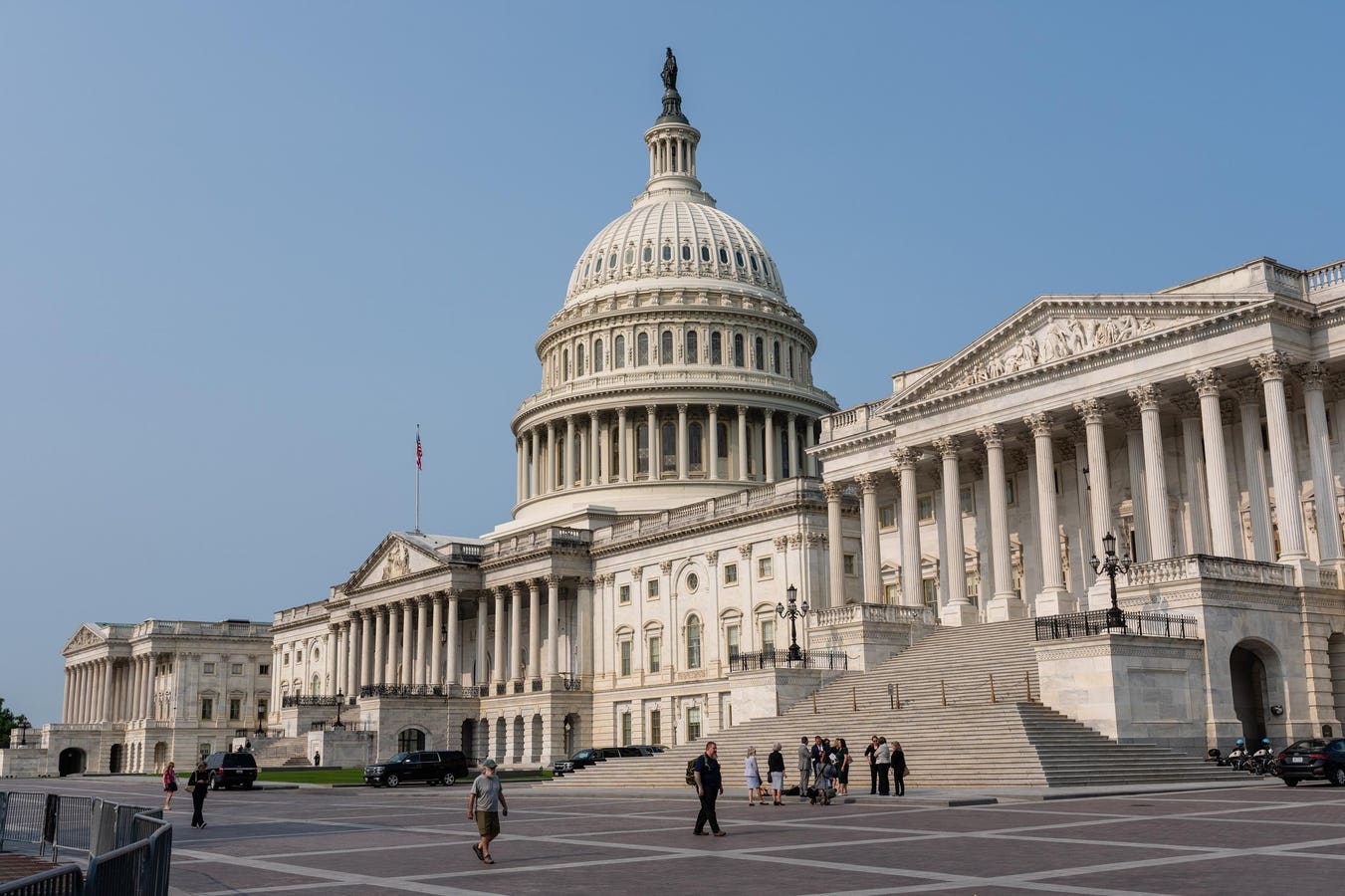The American Medical Association says legislation wending its way through the Republican-controlled … More
The American Medical Association says legislation wending its way through the Republican-controlled Congress would “take us backward” as a country by cutting health benefits for low-income Americans.
Meeting for its annual policy-making House of Delegates this weekend in Chicago, the AMA is rallying physicians to thwart the legislation now before the U.S. Senate. Legislation known as the “One Big Beautiful Bill Act” that narrowly passed the Republican-controlled U.S. House of Representatives two weeks ago would reduce federal Medicaid spending by $793 billion and increase the number of uninsured by 7.8 million, a KFF analysis shows.
“We have to turn our anger into action,” AMA President Bruce A. Scott, M.D. said in a speech to AMA delegates. “I know our patience is being tested by this new administration and Congress.”
The AMA said it has launched a “grassroots campaign targeted at the Senate” in hopes of making changes to the legislation. The AMA is the nation’s largest physician group with more than 200,000 members.
“The same House bill that brings us closer to finally tying future Medicare payments to the rising costs of running a practice, also takes us backwards by limiting access to care for millions of lower-income Americans,” Scott said. “Medicare, Medicaid, and the Affordable Care Act are literal lifelines for children and families for whom subsidized health coverage is their only real option. We must do all we can to protect this safety net and continue to educate lawmakers on how best to target waste and fraud in the system without making it tougher for vulnerable populations to access care.”
Scott, an otolaryngologist from Kentucky, said the Medicare physician payment system is broken and Congress hasn’t addressed – as an increasing number of states have – prior authorization, the process of health insurers reviewing hospital admissions and medications. Prior authorization delays needed treatment and puts patient health in jeopardy, doctors say.
“I’m angry because the dysfunction in health care today goes hand in hand with years of dysfunction in Congress,” Scott added. “I’m angry because physicians are bearing the brunt of a failed Medicare payment system. And while our pay has been cut by more than 33 percent in 25 years, we see hospitals and even health insurance companies receiving annual pay increases.”
Meanwhile, the AMA says cuts to physician payments are pushing more physicians away from private practice and exacerbating the nation’s doctor shortage. A recent analysis by AMN Healthcare shows only two in five physicians are now in doctor-owned private practices. And Americans in most U.S. cities face waits of at least one month before they can see certain specialists.
“Congress needs to know there is no ‘care’ in Medicare if there are no doctors,” Scott said.









